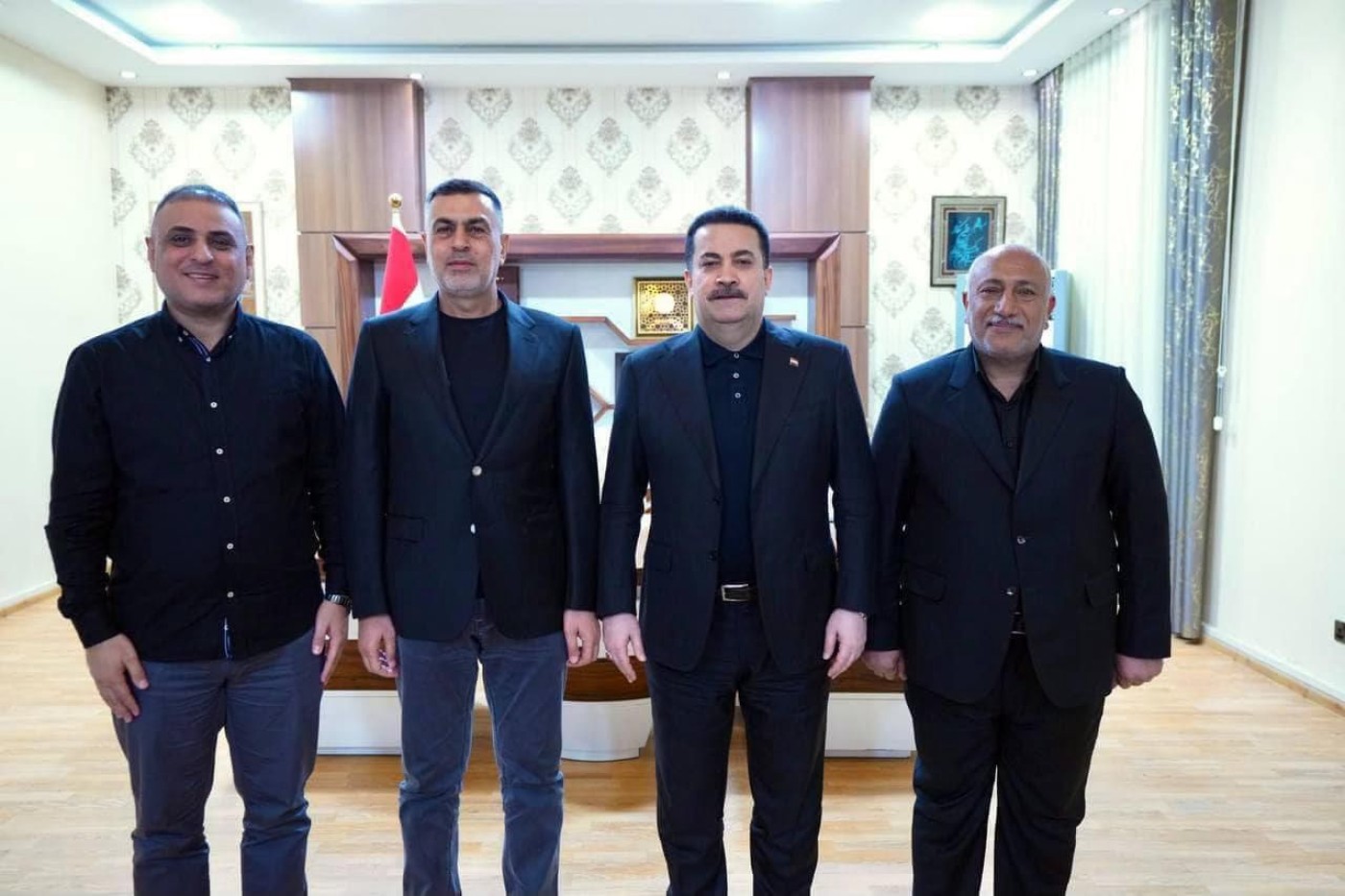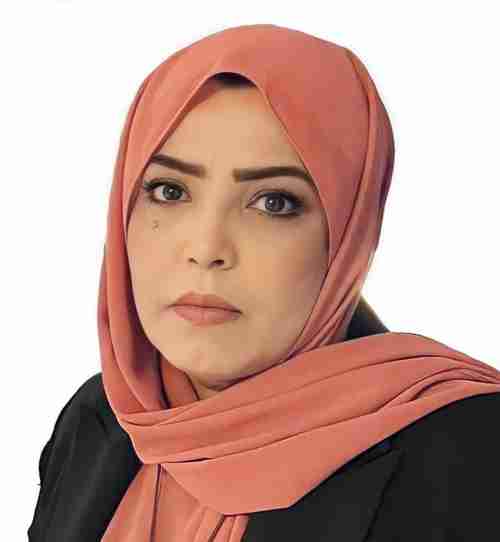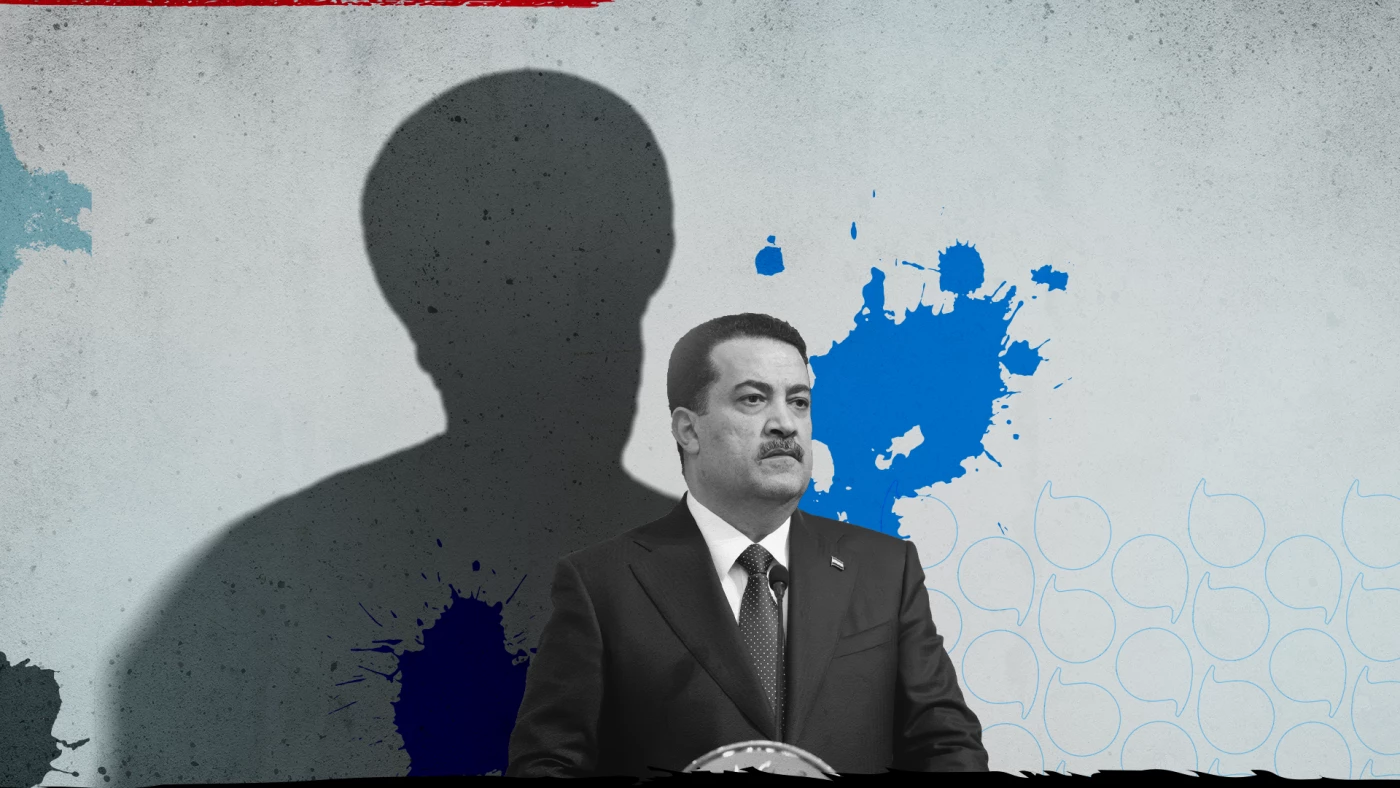BAGHDAD, Iraq - Iraqi Prime Minister Mohammed Shia al-Sudani's frantic efforts to secure a second term are deepening disputes among the Iran-backed Shiite forces as they attempt to arrange their electoral alliances in preparation for the upcoming parliamentary elections, Iraqi politicians and officials told The New Region.
Sudani, who took office in October 2022, has been working for months to shape his electoral list in preparation for the Iraqi parliamentary elections scheduled to be held at the end of next year.
Politicians and government officials said that Sudani's proposed list includes dozens of potential allies, including a number of ministers, governors, tribal sheikhs, officials, and dozens of MPs who enjoy massive popularity.
Based on the Iraqi political norms, the parliamentary bloc that obtains the largest number of seats will compete for the position of Prime Minister and will have a high say in choosing candidates for the positions of President, Speaker of the Parliament, and sovereign ministries.
Sudani, who has risen through the ranks over the past two decades to become prime minister with the support of the Coordination Framework, the largest Iran-backed Shiite political alliance, launched a large package of infrastructure projects in the Shiite-dominated central and southern provinces in the first weeks following the formation of his government.
He employed thousands of graduates, doubled the number of beneficiaries of social welfare network salaries, and relieved the tension between Baghdad and the Kurdistan Regional Government (KRG) by ensuring a somehow regular payment of the KRG’s employees’ monthly salaries, which were a chronic dispute with Baghdad since 2017.
The man who publicly acts as if he is not concerned with the crises that are sweeping the Iraqi political scene, has recently thrown all his weight into the midst of these crises to strengthen his electoral project, politicians and officials told the New Region.
In May, Sudani played a major role in tipping the balance in favor of his ally, Salem al-Issawi, the candidate of Sovereignty parliamentary bloc for the position of Parliamentary Speaker, over his rival, Taqaddum’s Mahmoud al-Mashhadani, by pressuring his loyal MPs to vote for Issawi, MPs told The New Region.
Earlier, he succeeded in attracting prominent figures in the State of Law Alliance led by Nouri al-Maliki, the former prime minister and one of the key leaders of the Coordination Framework, to his side, including Hayan Abdul-Ghani, the current oil minister, and MP Alia Nassif, who announced last week that she had joined Sudani’s electoral list.
Information leaked from Sudani's camp also indicates that the man has succeeded in concluding preliminary agreements with a number of prominent leaders of the Coordination Framework to join him.
Faleh al-Fayadh, head of the Popular Mobilization Authority (PMA), Minister of Labor and Social Affairs and commander of Jund al-Imam Brigades Ahmed al-Asadi, commander of Imam Ali Brigades Shabl al-Zaidi, and commander of Sayyid al-Shuhada Brigades Abu Alaa al-Walaei have also joined Sudani.
Sudani’s recent movements and his new alliances have aroused the ire of most of his Shiite partners who aim to preserve their influence, gains, and protect their interests, Shiite politicians told the New Region.
“Sudani exploited the Coordination Framework to reach the prime minister’s office and then turned against them,” one of the Coordination Framework’s leaders told The New Region. “He began playing on the internal disputes between the forces of the Coordination Framework and using them to his advantage, to the point that he began attracting influential figures in these forces and pulling them into his camp.”
"Sudani has transformed from an employee they brought to implement their plans, to a competitor who plays with their tools and nibbles away at their spheres of influence,” the source added.
Competition over fund sources and electoral votes
Sudani's government, in fact, is the product of the unification of the Iran-backed political and armed forces which was achieved in response to the project of Muqtada al-Sadr, the influential Shiite cleric, which was aiming to exclude them from the government.
This unity did not last long. As soon as Sadr ordered his MPs to resign from the parliament in June 2022, disputes between the forces of the Coordination Framework surfaced.
The presidency of a number of independent bodies that were the share of the Coordination Framework, such as the Central Bank, the Intelligence Service, and the PMA, were the core of the first disagreements that erupted between the leaders of the Framework on the one hand and between them and Sudani on the other hand.
However, the awareness of the conflicting parties of the fact that the US administration has its hand on the revenues of Iraqi oil sales, on which the government heavily relies to meet its financial obligations, removed the Central Bank and the Intelligence Service from the circle of conflict.
However, the presidency of the PMA is a different story.
The PMA, which controls the third largest military force in Iraq, with the number of fighters reaching about 240 thousand and an annual budget exceeding 3.5 trillion Iraqi dinars ($2.7 billion), is one of the largest repositories of electoral votes in the Shiite and Sunni areas, and it is also a significant source of funding.
Whoever controls the PMA will guarantee access to tens of thousands of electoral votes across the country.
Qais Khazali, the commander of Asaib Ahl al-Haq and the Godfather of Sudani’s government, was the first to demand the presidency of the PMA two years ago, but political consensus within the Framework, Fayadh’s regional and local relations, and the lack of agreement among all on a replacement for Fayadh, postponed this battle until further notice.
However, Fayadh’s success in the recent provincial council elections, the expansion of his influence in Sunni areas, and Sudani’s efforts to benefit from this influence by allying with Fayadh, brought this battle back to the forefront again in the past few weeks, several Coordination Framework leaders told The New Region.
Fayadh's rivals said that he has been exploiting the PMA's human and financial resources to achieve political and electoral gains.
They argued that the PMA was granted 33,000 job positions last year, 30,000 of which were allocated to reinstate those whose contracts were terminated, while 3,000 were allocated to the families of martyrs.
However, Fayadh seized a third of the job positions granted to form new brigades in the Sunni areas of Nineveh and northern Baghdad ahead of the provincial council elections “in order to win over some tribal sheikhs and ensure their votes for his candidates,” sources within the PMA told the New Region.
Fayadh's National Convene Bloc, won eight seats in the 2021- parliamentary elections, and four seats in December’s provincial council elections. Three of these four seats were in Nineveh and the fourth one was in Baghdad.
Though, PMA’s officials denied the accusations and claimed that what Fayadh did was part of his routine work related to completing the shortage in the number of fighters in some brigades and creating some regiments in Sunni areas that had not previously received their share within the tribal forces (Hashd al-Ashairi).
“Most of the disagreements between the leaders of the Framework and Fayadh revolve around financial gains, positions and job grades,” a senior PMA official close to Fayadh told The New Region.
“He (Fayadh) gave them their shares of job vacancies, but they (leaders of Framework) are demanding more. They want the job grades to buy electoral votes, and they see that Fayadh has been seeking to strengthen the Sunnis at their expense,” he said.
Khazali, in a televised interview on August 16, said that he “is not targeting Fayadh,” but talks about the necessity to replace Fayadh returned to the private sessions of some Coordination Framework leaders in the last few weeks amidst their discussions to grow their upcoming electoral project and arrange their potential alliances, leaders of Framework said.
“Fayadh is a major point of disagreement between Sudani and the leaders of the Framework, especially Khazali. This dispute is not over yet,” a paramilitary commander close to Fayadh told The New Region.
“Fayadh’s alignment with Sudani will prolong his political life and strengthen his control over the PMA. This conflicts with Khazali’s ambitions,” the commander said. “This dispute (between Sudani and Khazali) has not yet turned into a breaking point, but if they both run in the upcoming elections separately, this dispute will explode in Sudani's face.”
The struggle for leadership
The results of the provincial council elections in December revealed a new reality, especially in the central and southern provinces.
Despite the financial, human, and media resources possessed by the Framework forces, they did not obtain enough votes to secure control over three of the most important Shiite-dominated provinces: Basra, Karbala, and Wasit.
Instead, the governors of these provinces who ran individually won the largest number of votes.
However, all attempts by the leaders of the Framework to entice or intimidate the three governors to force them to give up their positions or partner up with the Framework, had failed, while Sudani has succeeded in concluding preliminary agreements with the three governors to run in the upcoming parliamentary elections together.

From the left: Governor of Wasit Mohammed Jameel al-Mayahi, Governor of Basra Asaad al-Eidani, Iraqi PM Mohammed Shia’ al-Sudani, and Governor of Karbala Nussaif al-Khatabi
Another reality that emerged from the December elections showed the inability of the leaders of the major Shiite political forces to produce unconventional solutions to the problems plaguing the Iraqi political scene.
The winning forces in Diyala and Kirkuk provinces, including those affiliated to the Framework, failed to form local alliances that would secure the majority required to form local governments for almost eight months.
Khazali, with a "bold" settlement that he succeeded in concluding with his old rival and new ally, Mohammed al-Halbousi, the former Speaker of Parliament, resolved the problem of the two provinces, gained a fierce Sunni ally, and redrawn the map of influence in the Sunni-dominated areas, observers said.
The points that Sudani and Khazaali have been scoring separately against their Shiite partners and rivals so far, clearly demonstrate their quest to dominate the Shiite political scene.
Maliki's weakness as a result of the splits plaguing his political alliance, the severe illness of Hadi al-Amiri, the leader of Badr Organization, and the absence of Sadr, provided the two men with sufficient room to maneuver without colliding with serious obstacles.
So far, all signs indicate that the two men are still on the same team. The moment Sudani decides to turn his back on Khazali or intersect with him to the point of threatening his personal security or strategic interests, the partnership between the two men will end and be replaced by a rivalry that Sudani cannot afford, Shiite leaders told The New Region.
“Sudani has a big electoral project to secure a second term. He is trying to reintroduce himself as a new Shiite leader who is accepted by the Kurds and Sunnis,” one of Sudani’s potential electoral allies told The New Region. “The big obstacle that is holding Sudani back now and curbing him is Khazali. He (Sudani) is afraid of Khazali because he is the only one who can sabotage all his plans.”
“Sudani may run in the elections on a joint list with Khazali. This option will fortify Sudani internally but could end him externally because the west will not accept Khazali easily,” he said.



 Facebook
Facebook
 LinkedIn
LinkedIn
 Telegram
Telegram
 X
X


